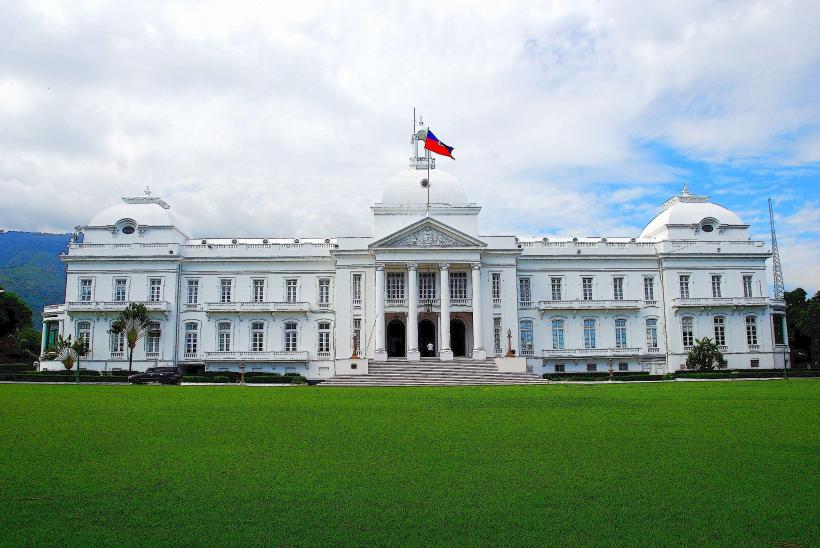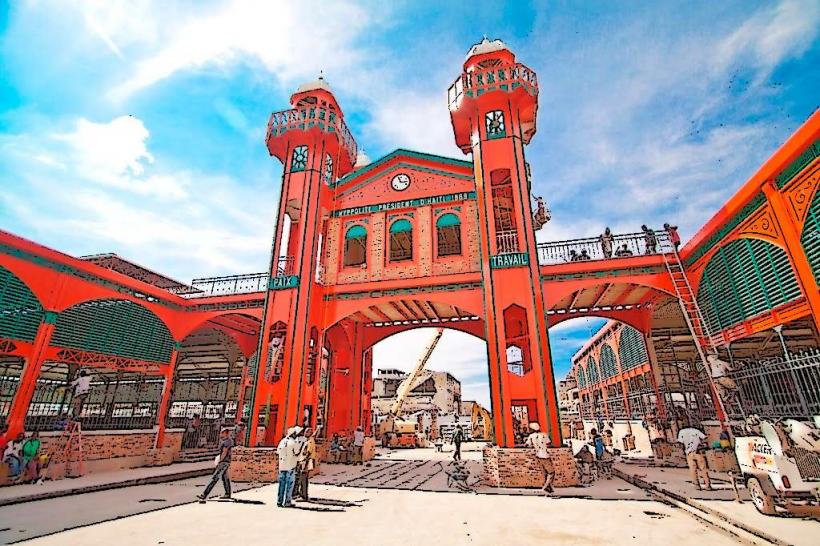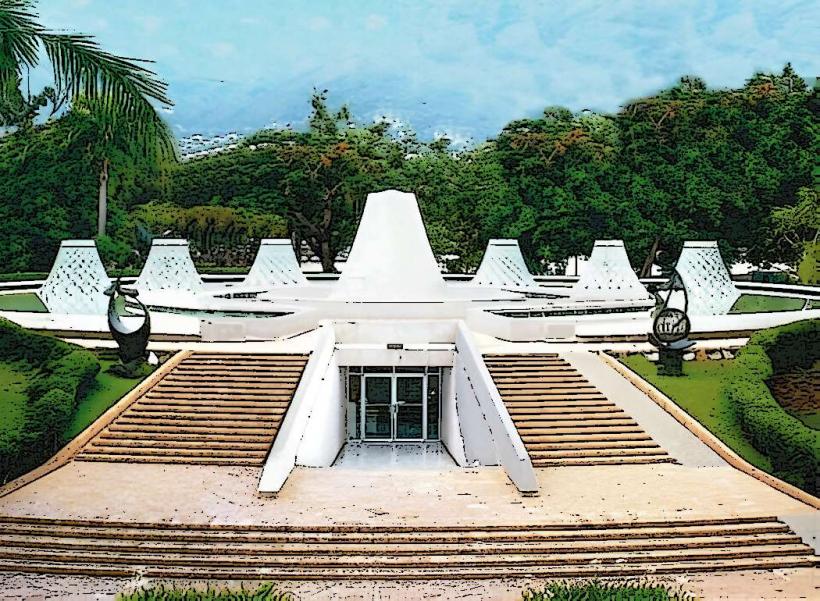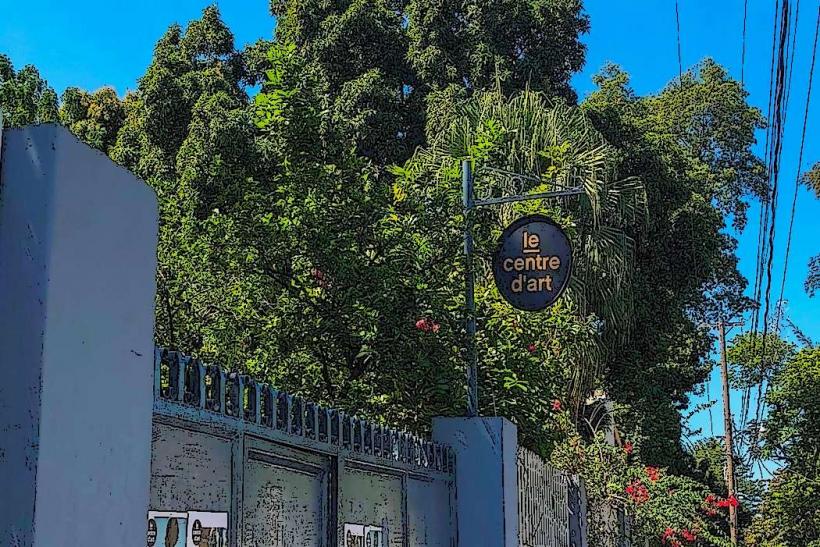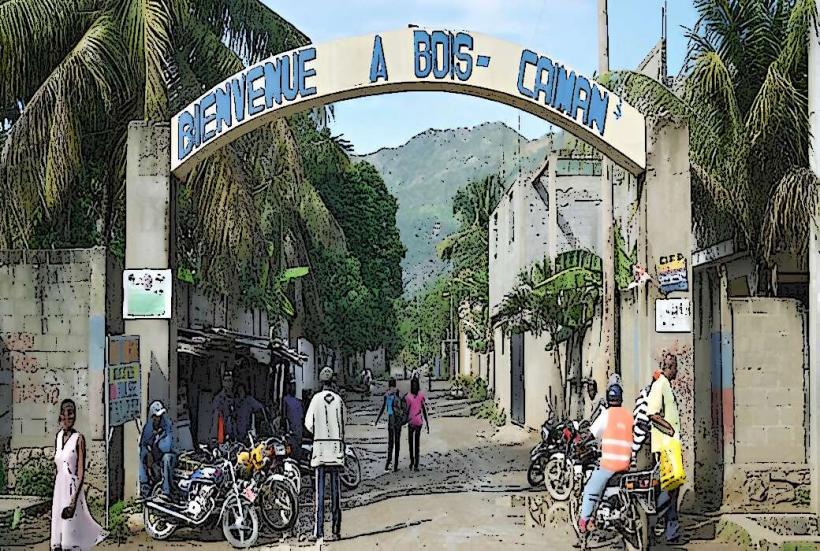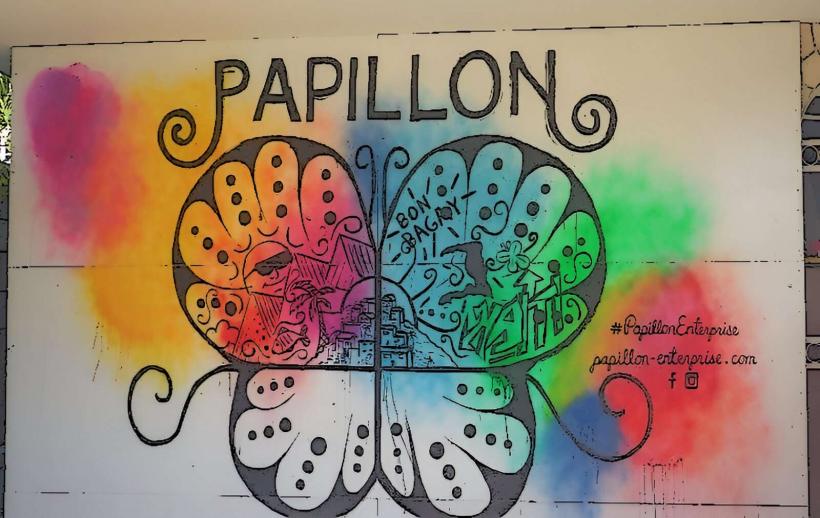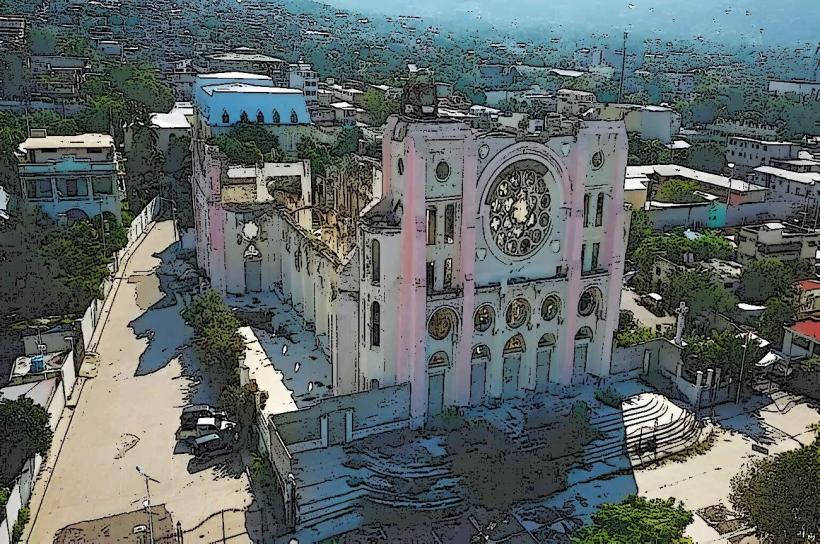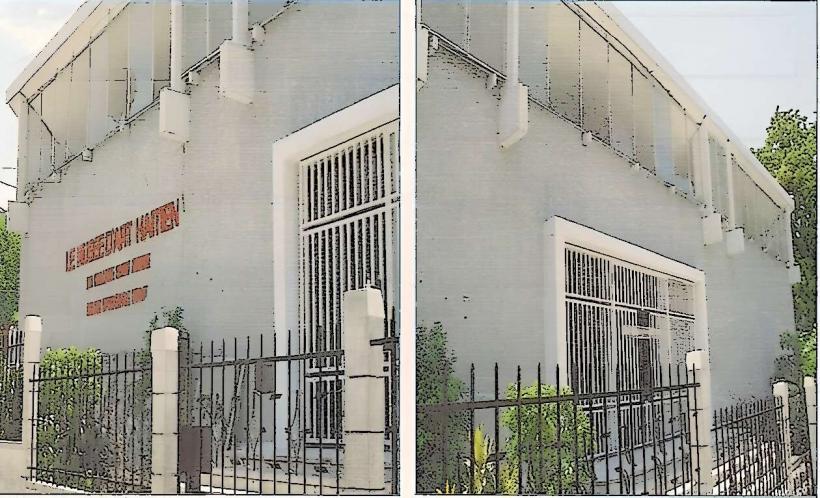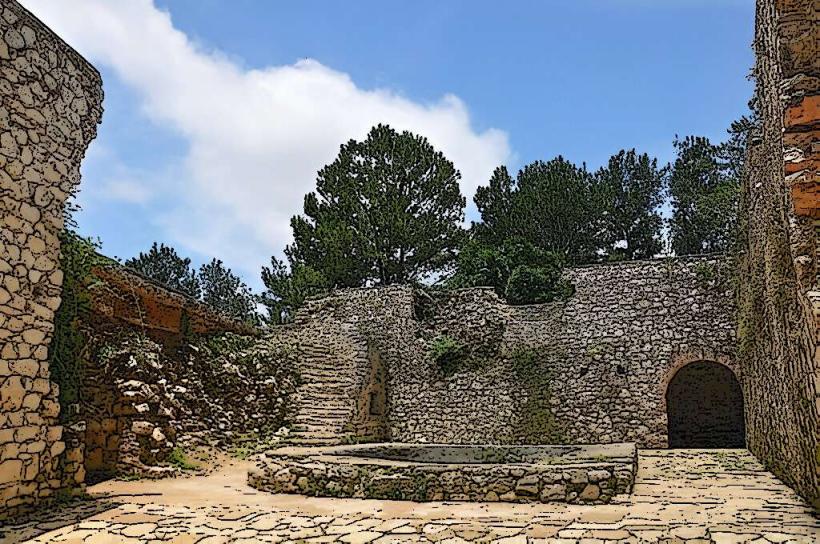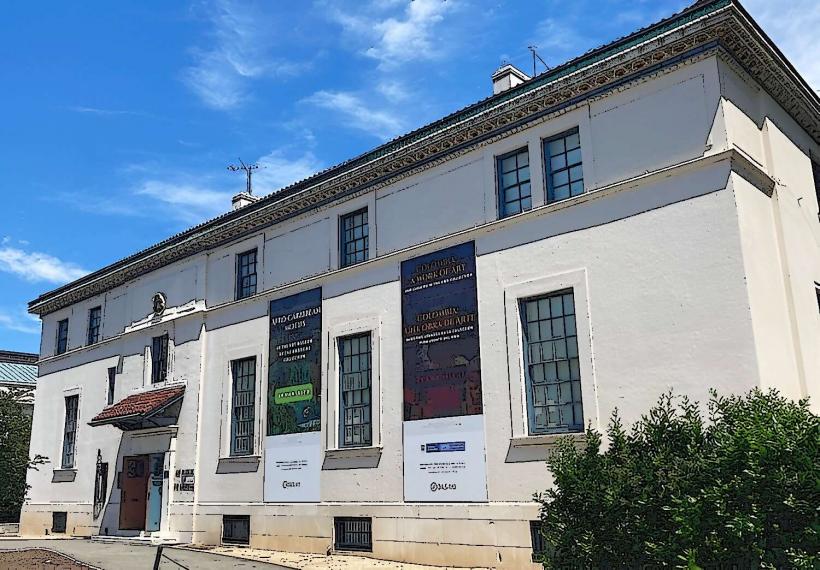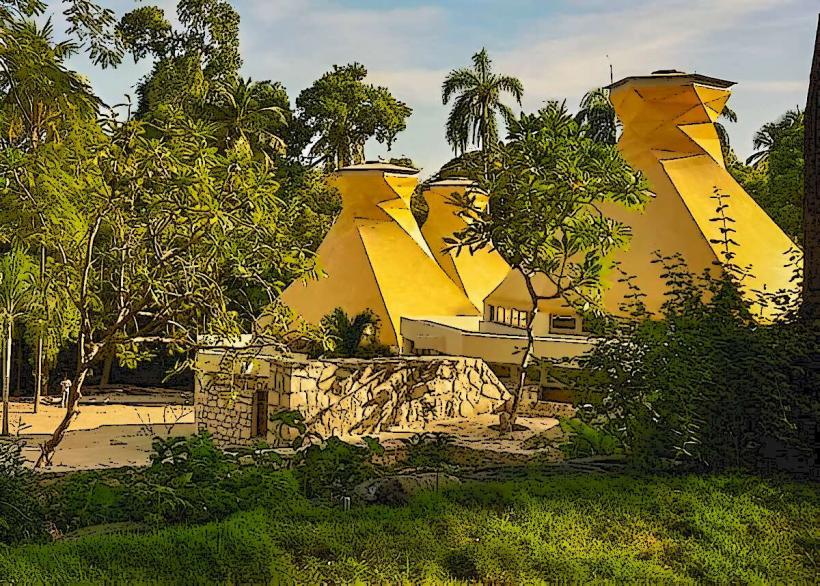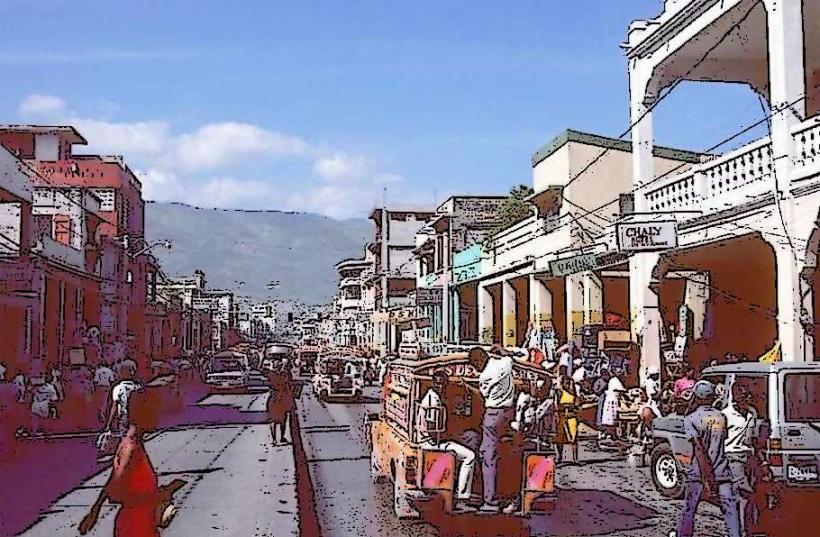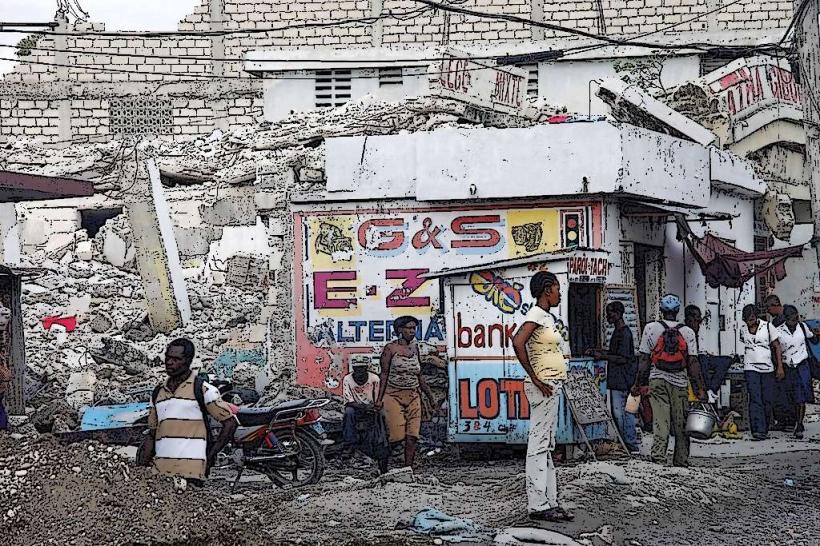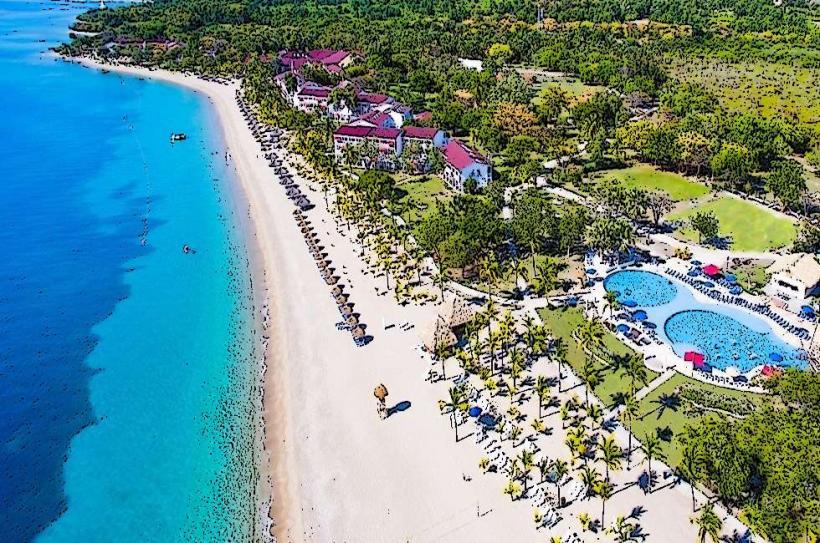Information
City: Port au PrinceCountry: Haiti
Continent: North America
Port au Prince, Haiti, North America
Port-au-Prince is the capital and largest city of Haiti, located on the Gulf of Gonâve. As of January 2026, the city is experiencing a severe multidimensional crisis, with armed gangs controlling an estimated 90% of the metropolitan area.
Historical Timeline
1749: Founded by French colonial planters; it replaced Cap-Français as the capital of the colony of Saint-Domingue in 1770.
1804: Became the capital of newly independent Haiti, the world's first black-led republic.
2010: Devastated by a 7.0 magnitude earthquake that killed over 200,000 people and destroyed much of the city's infrastructure, including the National Palace.
2021–2026: Following the assassination of President Jovenel Moïse, the city entered a period of extreme instability. By January 2026, a "Gang Suppression Force" (GSF) has been mandated by the UN to conduct counter-gang operations.
Geography & Urban Structure
The city is built like an amphitheater, with the commercial and port districts at sea level and residential neighborhoods climbing the surrounding hills.
Bas-de-la-Ville (Downtown): The historic and administrative center, currently the site of heavy gang activity and significant urban decay.
Pétion-Ville: A wealthier suburban district located in the hills to the southeast. While historically a hub for nightlife and diplomacy, it has increasingly faced incursions by armed groups.
Cité Soleil: One of the largest and most impoverished informal settlements in the Western Hemisphere, located near the waterfront.
Current Security Status (January 2026)
Gang Control: The "Viv Ansanm" gang coalition, led by Jimmy "Barbecue" Cherizier, maintains dominance over most districts.
State of Emergency: A State of Emergency remains in effect for the Ouest Department. Violent crimes-including kidnapping, murder, and sexual violence-are systemic.
Military Operations: As of January 17, 2026, Haitian security forces assisted by international missions have commenced large-scale drone and ground operations targeting gang leadership homes in the capital.
Landmarks (Most significantly damaged or restricted)
Musée du Panthéon National Haïtien (MUPANAH): An underground museum dedicated to the heroes of independence; it remains one of the few preserved cultural institutions.
Marché de Fer (Iron Market): A historic red metal structure built in France and shipped to Haiti in 1891. It has been damaged by multiple fires and remains in a high-conflict zone.
Cathedral of Our Lady of the Assumption: Once a grand architectural feat, it remains in ruins following the 2010 earthquake.
Fort Jacques: Located in the mountains above the city, offering panoramic views and a preserved look at Haiti's early military history.
Infrastructure & Services
Aviation: Toussaint Louverture International Airport (PAP) is operational but remains a target for gang blockades. Flights are frequently suspended at short notice.
Health: Only 40% of medical facilities in the capital are functioning. Médecins Sans Frontières (MSF) and other agencies frequently suspend activities due to direct fire on clinics.
Basic Needs: Severe shortages of fuel, clean water, and food are chronic. Over 5 million people in Haiti face acute food insecurity.
Digital & Financial Infrastructure
4G/5G coverage exists but is frequently disrupted by damage to cell towers or fuel shortages for generators. The Haitian Gourde (HTG) is highly volatile. While ATMs exist in Pétion-Ville, they are often empty or located in high-risk areas. US Dollars are widely preferred but difficult to obtain.
Local Cost Index (Extremely Variable)
1 Gallon of Gasoline (Black Market): ~$10.00 – $20.00 USD
1 Basic Meal: ~$15.00 – $25.00 USD (due to supply chain collapses)
Security Escort: Costs for armored transport and private security are the primary expense for any remaining international personnel.
Facts & Legends
A verified fact is that Port-au-Prince was originally named after the Le Prince, a French ship that arrived in the bay in 1706. Local lore often surrounds the Statue of the Unknown Maroon (Le Marron Inconnu), which depicts a runaway slave blowing a conch shell; it is a symbol of the call to revolution and is considered the spiritual heart of the city's resilience.

